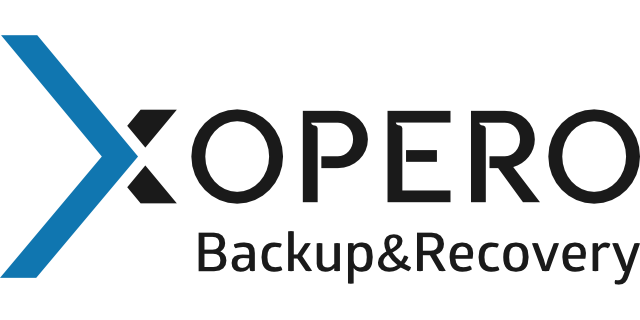
Cloud backup – myths busted! (part 2)
Learn more about common cloud backup myths and get the facts straight. In this article we examine extra 5 myths about online backup.
Let’s start from the beginning. Missed the first post about cloud backup myths? You can read it here.
Myth #6 – Cloud backup is less efficient than local solution

Cloud backup is driven through the same technology as the local solution. The difference is the place of backup storage – locally and physically, at the company’s headquarters or in the cloud.
Each solution differs slightly in terms of functionality, but it is difficult to clearly say which ones work better. The choice of the backup ecosystem should be preceded by an analysis of the enterprise’s needs and infrastructure. Nevertheless, both in local and cloud backup solution data is secured and possible to recover at any time.
Summary
Since both types of backups differ mainly in the place of data storage, the issue of efficiency is strongly related to the needs and internal conditions of the company.
Verdict: Cloud myth busted!
Myth #7 – Cloud backup management is more complicated…

…than in local solution.
Both types of backup – as we have already determined – are driven by the same technology, including the one responsible for managing backups.
In both solutions, there is the possibility of central and remote management of the backup process. In the same way, you define the policy of creating backup copies, define data and devices for protection and backup execution schedule so technically it doesn’t differ in both ecosystems.
Summary
If we realize that the main difference between local backup and cloud copy is the storage location, we understand that this is not important for the functionality of the solutions – also in the aspect of management.
Verdict: Cloud myth busted!
7/10 cloud backup myths busted, let’s check no. 8.
Myth #8 – Antivirus and anti-malware software are sufficient protection against ransomware…

… I don’t need backup.
Not really… many entrepreneurs are convinced that the antivirus effectively protects a business against ransomware attacks. Although the producers of anti-malware programs constantly improve their products, they are also constantly facing hacker’s new methods and ideas. It’s a constant war.
Of course, such solutions are every business “must have” but they won’t protect you against the effects of attacks – like encryption of data by attackers and downtime as a result. Have you ever wondered what would you do then? As you can see, the antivirus itself is not enough. The backup will protect you against the effects of attacks. Instead of paying a horrendously high ransom, you will restore the data from the cloud and…immediately return to your work. Therefore, treat antivirus and backup as two-step protection of your data against ransomware.
Summary
Forewarned is forearmed – it is better to protect company data with a double shield consisting of antivirus and backup software.
Verdict: Advocates of saying that prevention is better than cure, should take this cloud myth as debunked.
Myth #9 – Cloud backup and cloud storage mean exactly the same…

…thus I don’t need backup.
Again – not really. Keeping your data in the cloud – cloud storage is not the same as cloud backup, which is the process of creating backups of encrypted data that you can quickly recover and ensure work continuity while any attack, incident or employee mistake occurs. Cloud storage as Google Drive or Dropbox lets you keep copies of company data – agreements, invoices and documents in the cloud but it won’t protect your server and computer together with your data against any event of failure.
While executing a backup of company data, we store the copy on storage. However, these are not copies of selected files or company documents, but specially crafted backup files that are encrypted, stored in packs of data in a fragmented form (chunks), thus remain illegible for third parties.
Backup in the cloud allows us to perform not only copies of selected files but also to protect entire disks or selected partitions thanks to HDD image backup. In a situation when a computer hard disk will get damaged, the data and applications collected will be restored from the backup copy to any other computer. Everything will work and look exactly like on the previous one.
Summary
Commonly confused with each other cloud storage and cloud backup are two completely different concepts. Cloud storage is a modern and convenient alternative to a removable disk or flash drive. It’s a huge abuse to identify it as a cloud backup and protection of company data against unexpected incidents.
Verdict: Myth busted!
Myth #10 – I do local backup so there is no need to make copies to cloud

Company data can be protected not only locally or in the cloud. The most effective way to protect them is to combine both of these solutions in the hybrid backup. Thus, mixing the stability of local solutions with cloud flexibility you gain 100% guarantee of data security.
A copy stored locally allows you to quickly restore company data in the event of a failure or attack while a copy in the cloud is excellent protection in the event of a natural disaster (i.e. fire or flood) and losing local copy.
Summary
Hybrid backup is the fulfillment of the golden backup rule. The “3-2-1” rule indicates that to ensure data security, a company should have at least 3 backups stored in at least 2 different locations, of which at least one should be located outside the company’s headquarters. The redundant data center infrastructure and multiple duplications allow to keep the data on several disks in different machines and more than one physical location – in at least two of data center and locally in company headquarters.
Verdict: Cloud myth busted!
10/10 cloud backup myths busted. Perfect!






